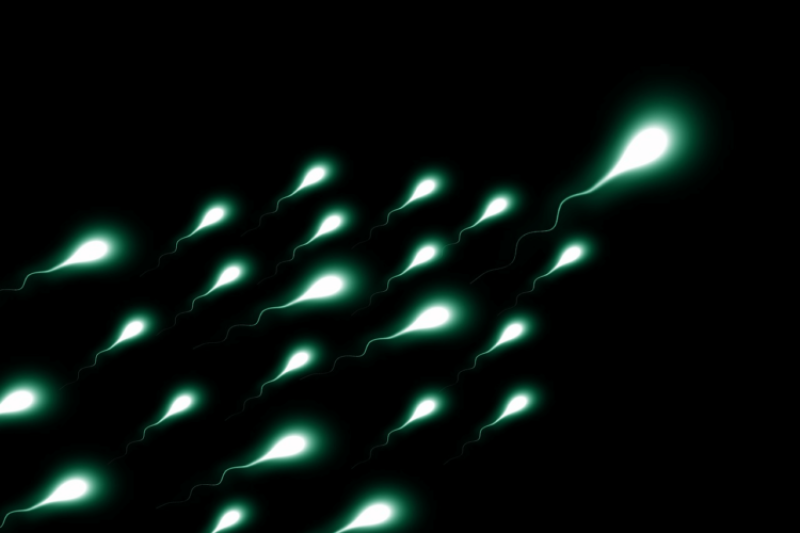Recent findings in behavioral science show the role of genetics in shaping certain individual characteristics. Questionnaires from doctors routinely ask for generations of family medical history. And learning about your genetic ancestry can be emotionally powerful — one reason millions of people buy inexpensive at-home DNA tests and sign up for genealogy websites.
For earlier generations of donor-conceived children, secrecy was commonplace, but today the widespread use of DNA technology has ended any guarantee of anonymity for donors. As a result, major sperm banks in the United States are requiring donors to agree to disclose their medical histories up front and reveal their identities when a child turns 18.
…
A bill introduced in the New York Senate last month would impose a similar requirement and also give parents of donor-conceived children access to a donor’s identifying information at birth.
But in the view of other donor-conceived people and L.G.B.T.Q. groups, laws that require the end of anonymity pose an unanticipated threat. Lesbian couples and single parents make up 70 percent of the people who now use sperm donors, according to a 2022 study of an assisted-reproduction clinic. Some of these families fear that disclosure laws will open the door to recognizing biological donors in some way as parents — possibly granting them parental rights and more broadly undermining the legitimacy of L.G.B.T.Q. families.































